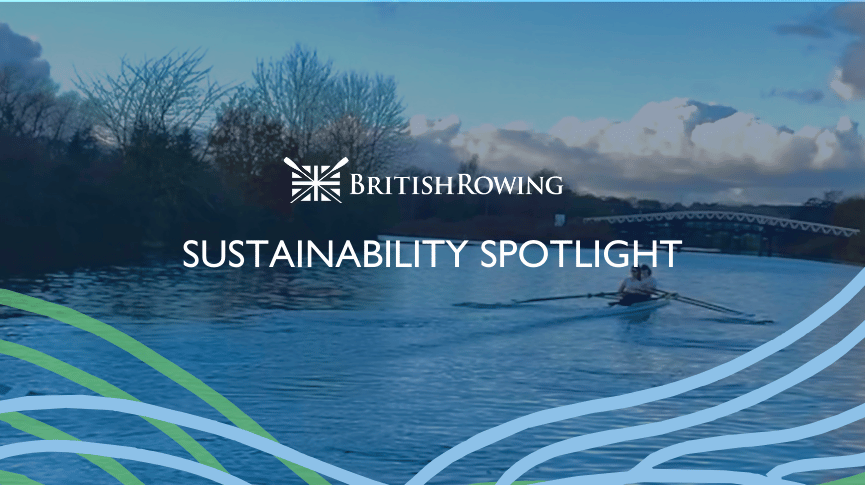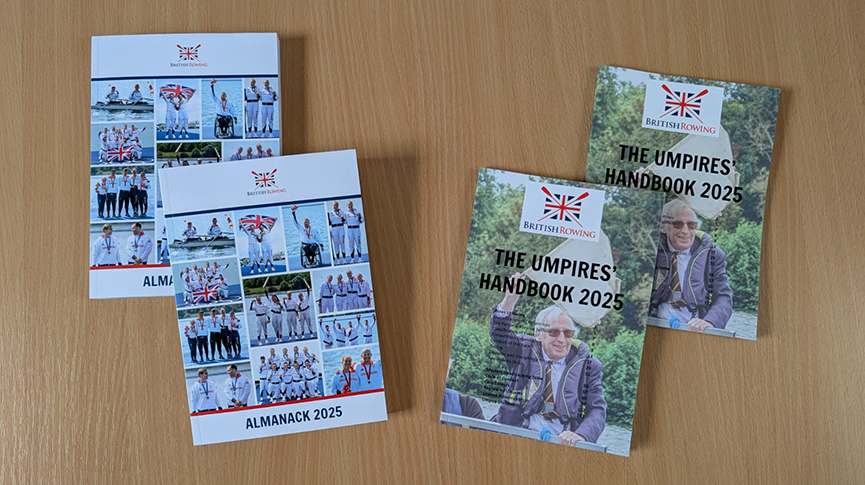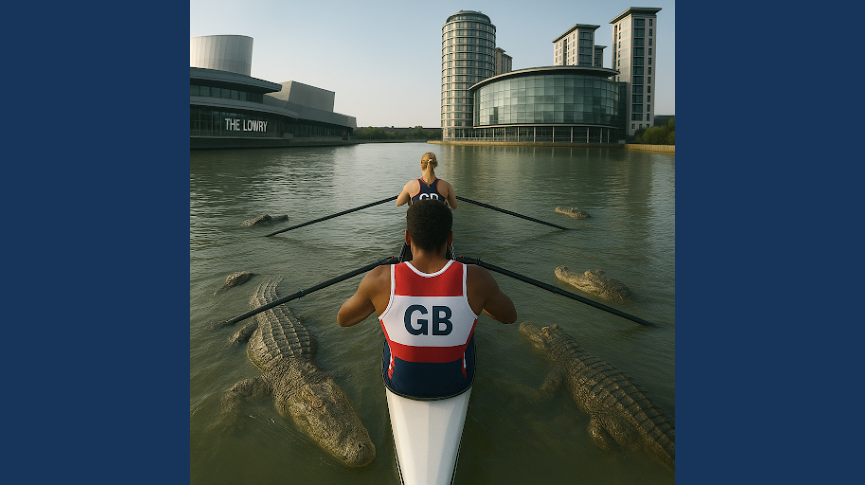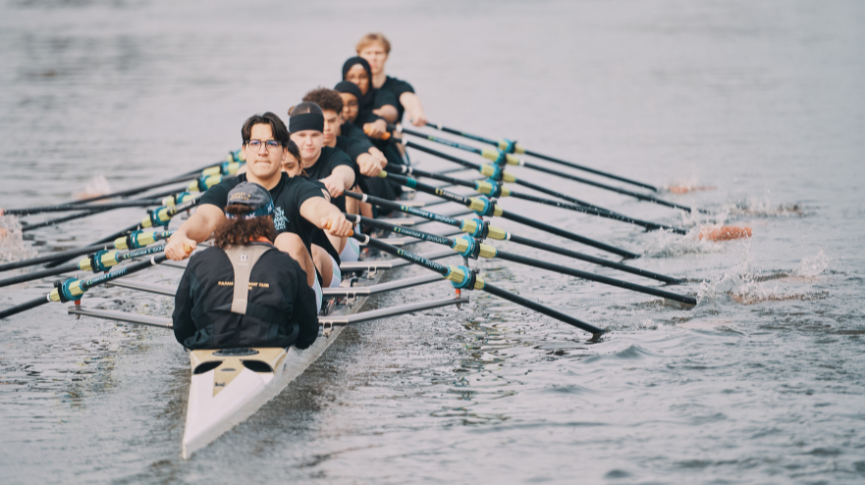Olympic rower Vicky Thornley on holistic health
How can you have a balanced lifestyle? Olympic silver medallist Vicky Thornley shares her insights
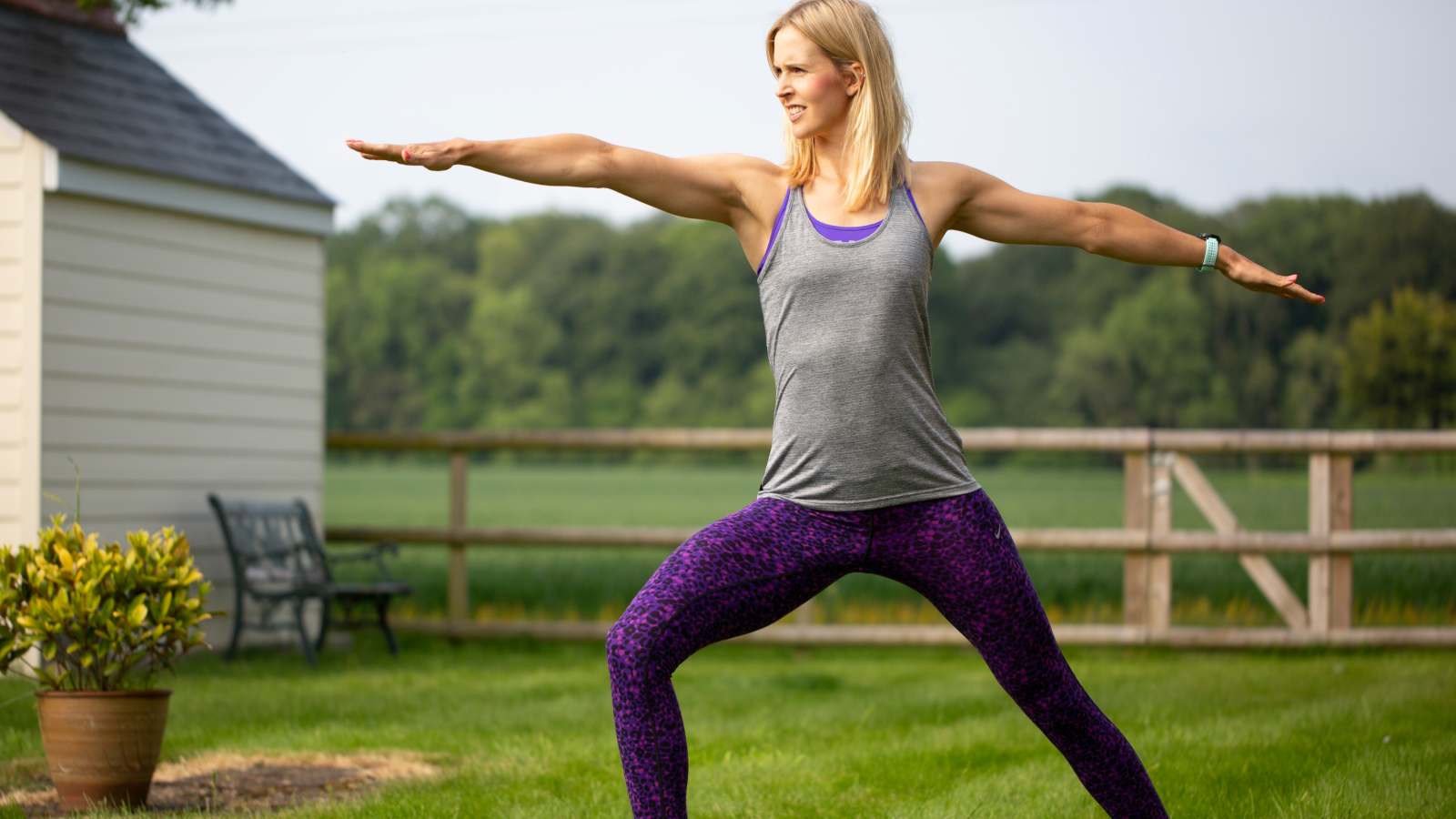
Vicky Thornley (c) Nick Middleton
Throughout 2018, I studied to become a health coach with the Institute for Integrative Nutrition (IIN). The IIN talks about well-being in an interesting way, using the idea of ‘primary’ and ‘secondary’ food.
‘Primary food’ relates to non-edible lifestyle factors such as enjoyable physical activities, an inspiring career, fulfilling relationships, effective stress management and good sleep quality. ‘Secondary food’ relates specifically to what is on our plates. The notion is that it’s not just a healthy diet that creates overall mental and physical health; there are many more factors involved. Someone can eat the best diet in the world, but if they are chronically stressed and overworked their well-being will suffer.
Finding a good lifestyle balance can be a challenge, but think about the progress you can make, and don’t always look for perfection. Assess your daily habits and behaviours and ask: do these habits aid or hinder my happiness and well-being?
Here I outline some key ‘primary food’ areas that I find help me stay balanced. Remember – well-being is a journey, not a destination.
1 – Stress Management
“Busy and stressed” is a common response when people are asked to describe their daily lives. This stressed state we can often find ourselves in has an impact on both mental and physical health. By thinking about how the body responds to external stressors or a perceived threat, we see how the mind and body are inextricably linked.
The autonomic nervous system has two components: the sympathetic nervous system and the parasympathetic nervous system. It is the sympathetic nervous system that triggers the well-known ‘fight-or-flight’ response. When the body senses a stressor, the reaction to it is well orchestrated. Certain hormones, like adrenaline and cortisol, are released to change a number of autonomic nervous functions, including an increased heart rate and slowed digestion, to give the body a burst of energy and strength.
As hunter-gatherers, the fight-or-flight response was a survival mechanism, providing us with energy to run from predators. Today, stressors can be environmental, such as a work deadline, or psychological, such as persistent worry about losing your job. Unfortunately, for many people these stressors can be constant throughout the day. Given this mind and body connection, research has suggested that chronic stress can contribute to many illnesses – e.g. high blood pressure – and can decrease immunity.
The parasympathetic nervous system can be seen as our safety net, if given the opportunity to kick in. Once the stressor or danger has passed, it calms the body down, creating a ‘rest and digest’ state, allowing the body to relax and repair. Ideally, we want to exist in this state, more than the former. Here are some practices that I find helpful to reduce my stress levels.
Remember – well-being is a journey, not a destination
2 – Fulfilling relationships
Spending time with people who give you energy, instead of taking it away, is really powerful. I am lucky to work every day with like-minded people. It is safe to say the majority of rowers are driven and motivated, so training alongside my teammates fills me with positive energy. This is also true in personal relationships. Having supportive friends and loved ones, with whom I share common passions and interests, is essential to my well-being.
3 – Social life and community
Some may think that loneliness would rarely be an issue in the modern day because of technology and always being connected online. Sadly, however, this really isn’t the case. Researchers in the US performed a meta-analytic review into loneliness and social isolation as risk factors for mortality. They concluded that “substantial evidence now indicates that individuals lacking social connections (both objective and subjective social isolation) are at risk for premature mortality.”
Similarly, Harvard University found that when separated from each other, humans find themselves in the psychological stress state of fight-or-flight.
Being part of your local community and having regular social time with friends are great ways to combat any feelings of loneliness.
Start that business idea you have, or apply for that dream role
4 – Inspiring career
We spend most of our time at work, so finding a job we love is important. As a full-time rower, I know how fortunate I am to do what I love every day. Post-rowing, finding a love and passion for my next career is high up on my priority list. Don’t stop searching for that perfect job. Sometimes you just need to take a leap of faith. Start that business idea you have, or apply for that dream role – you never know, it may just work out!
Vicky Thornley's R&R magazine series
Read more of Vicky Thornley's training tips here.
5 – Enjoyable physical activity
I am sure the majority of you reading this article appreciate the positive effects that physical activity can have. I spend most of my day training, but when I get the opportunity I really love walking. When out sculling, I rarely look around and fully take in my surroundings, as I am focused on moving my boat. However, when walking down by the river in Henley or through the forests and into the Chilterns, I can really appreciate nature and the sense of freedom I get. Even if you exercise regularly, try mixing things up; try a different mode of exercise or a different location and see what new feelings it can stir up!
You can read the full article in the latest Rowing & Regatta magazine. The magazine is free to all British Rowing members. Find out more here.


